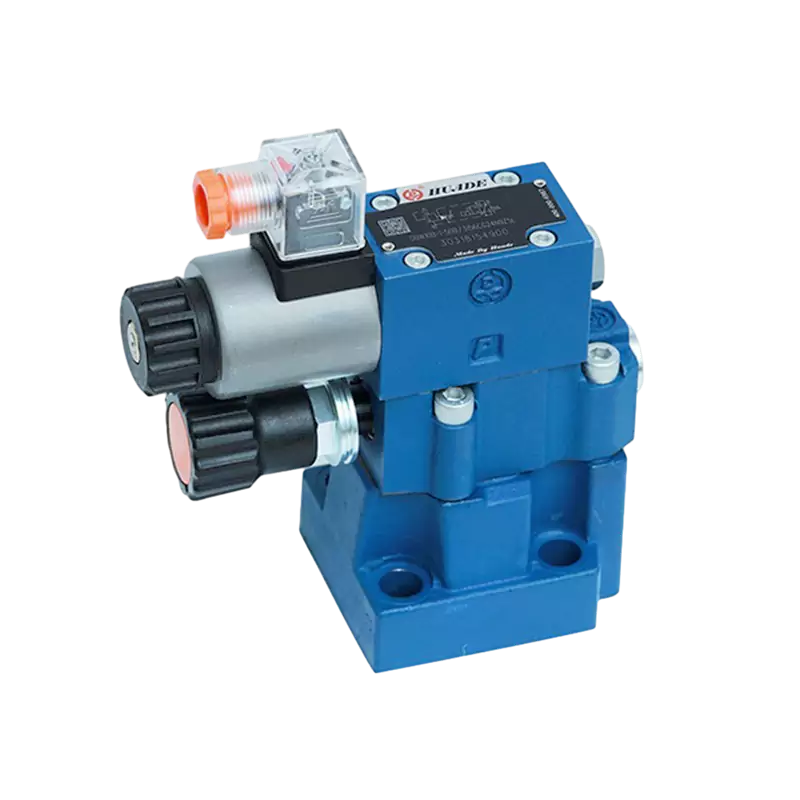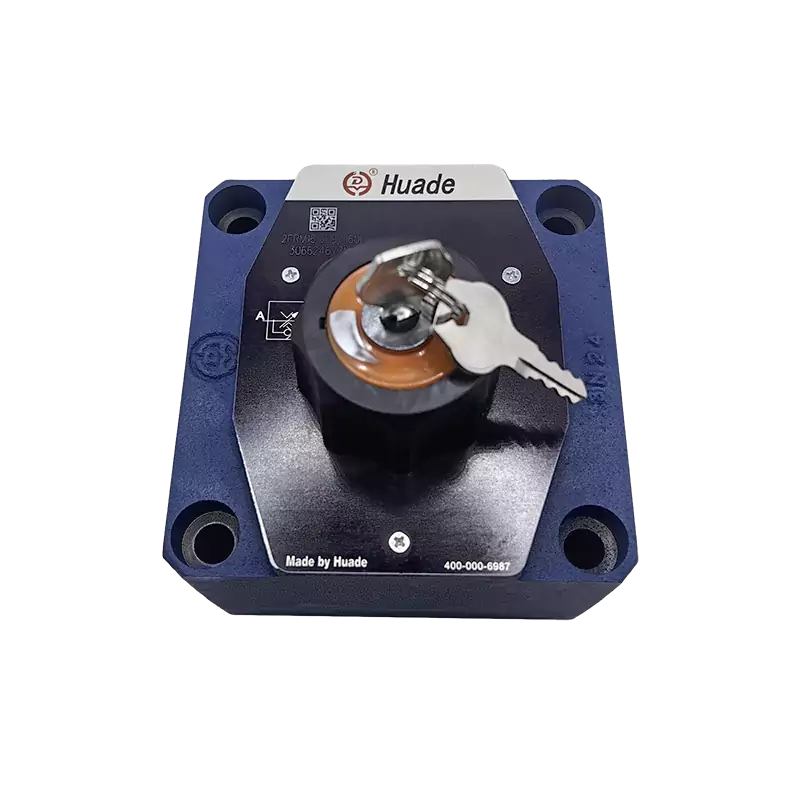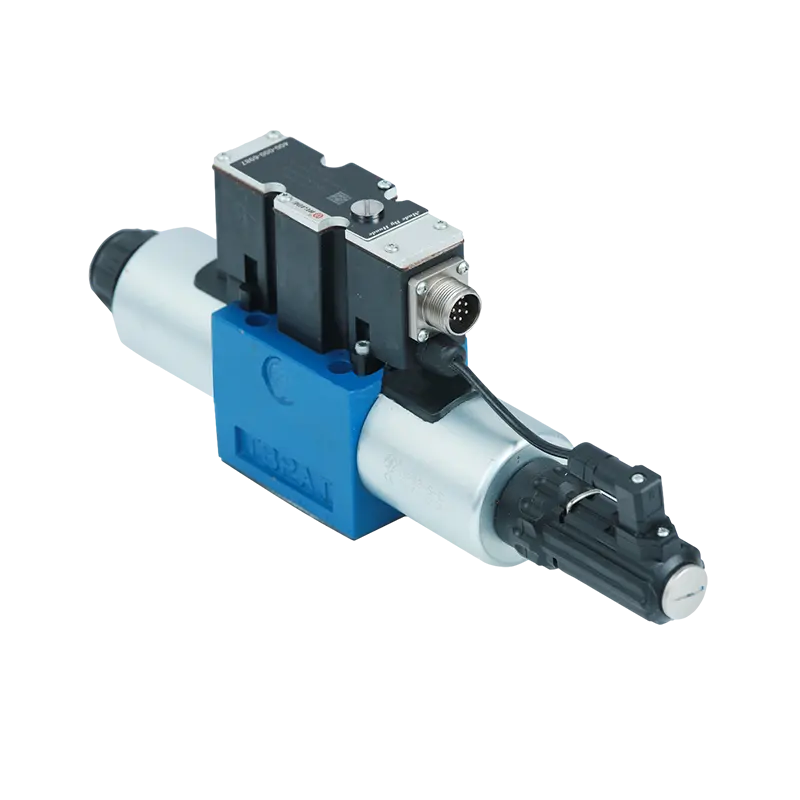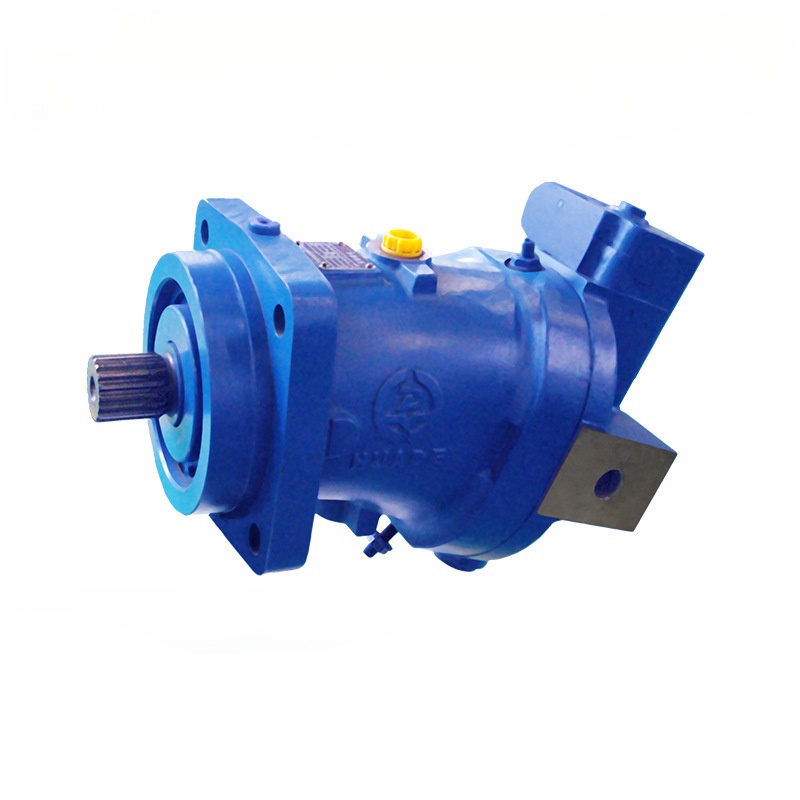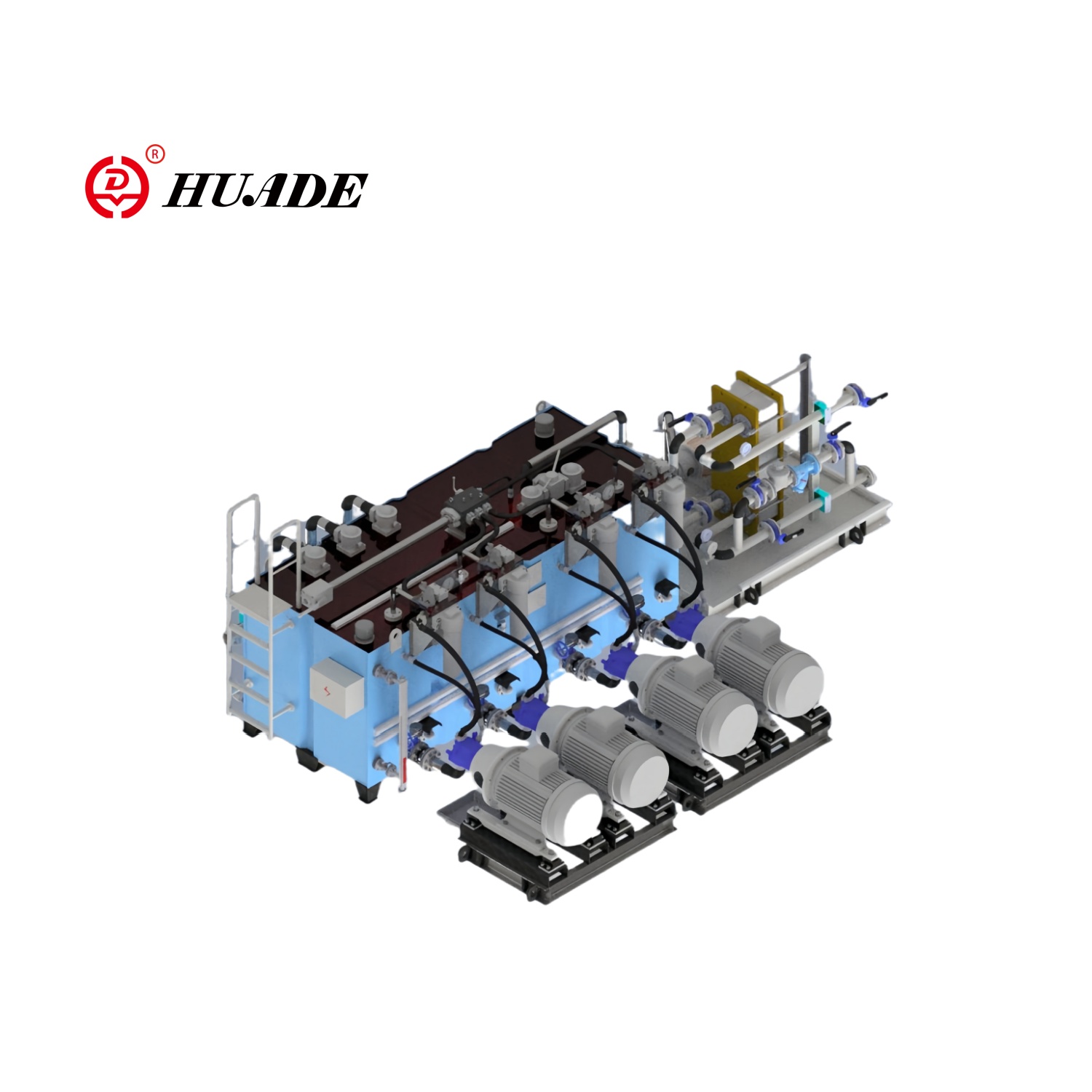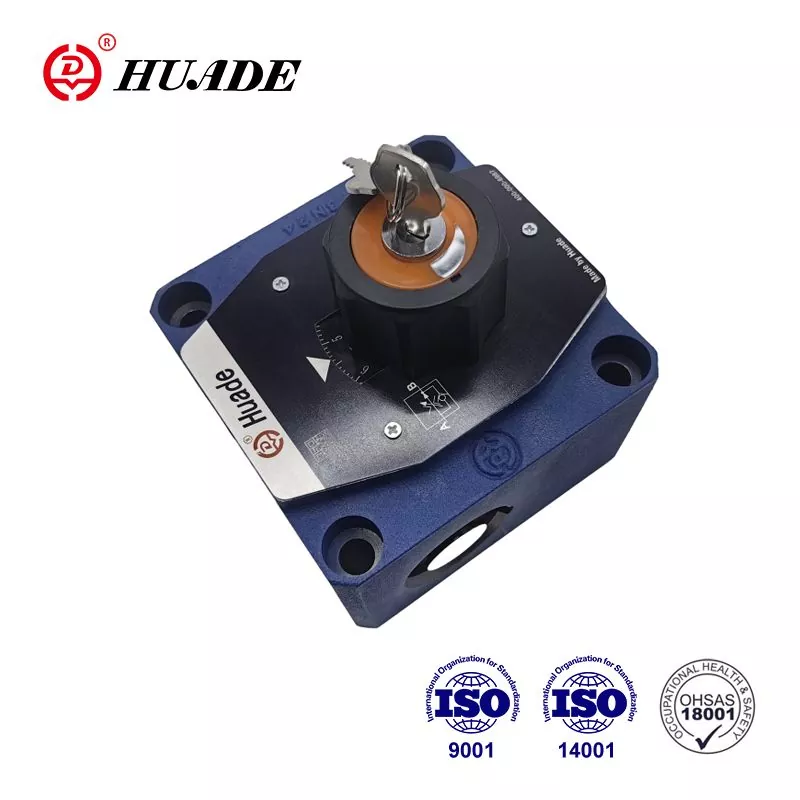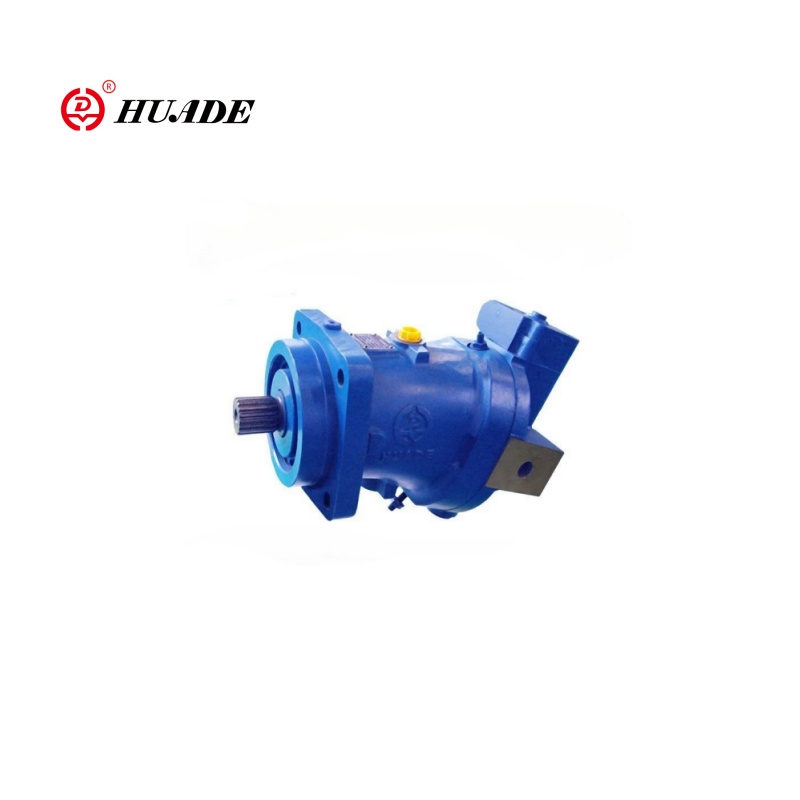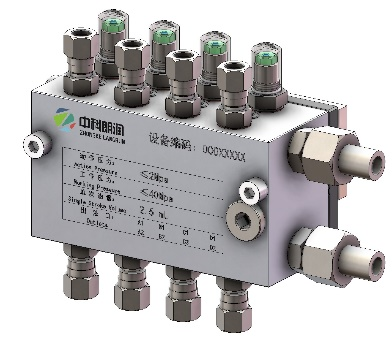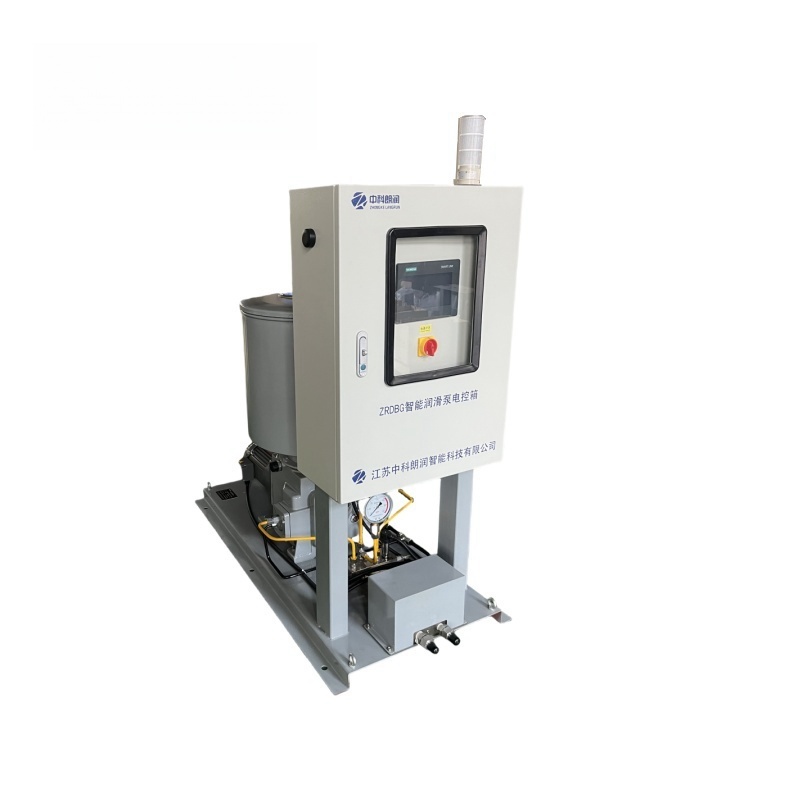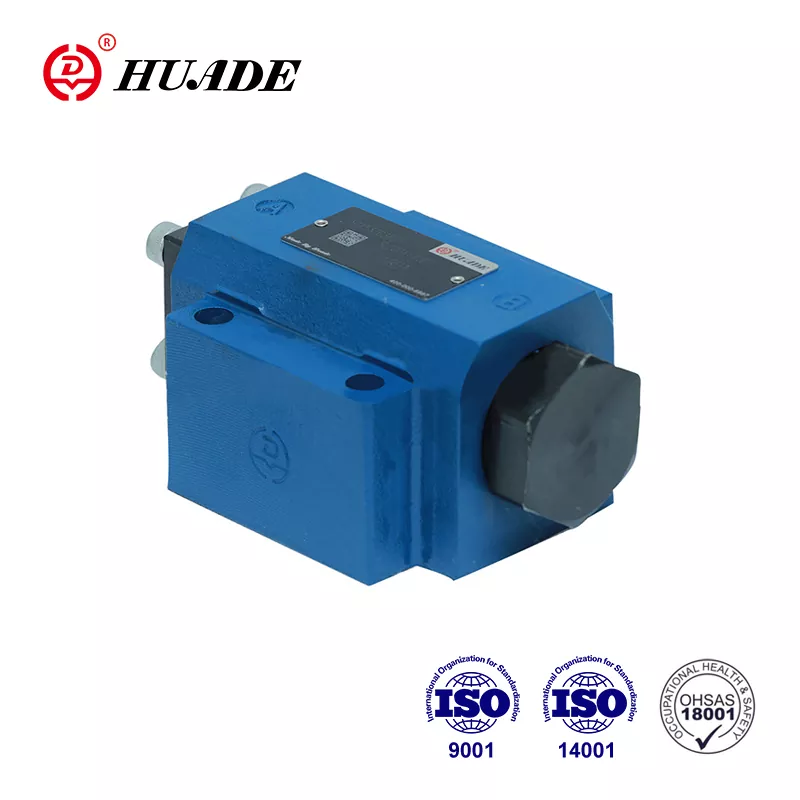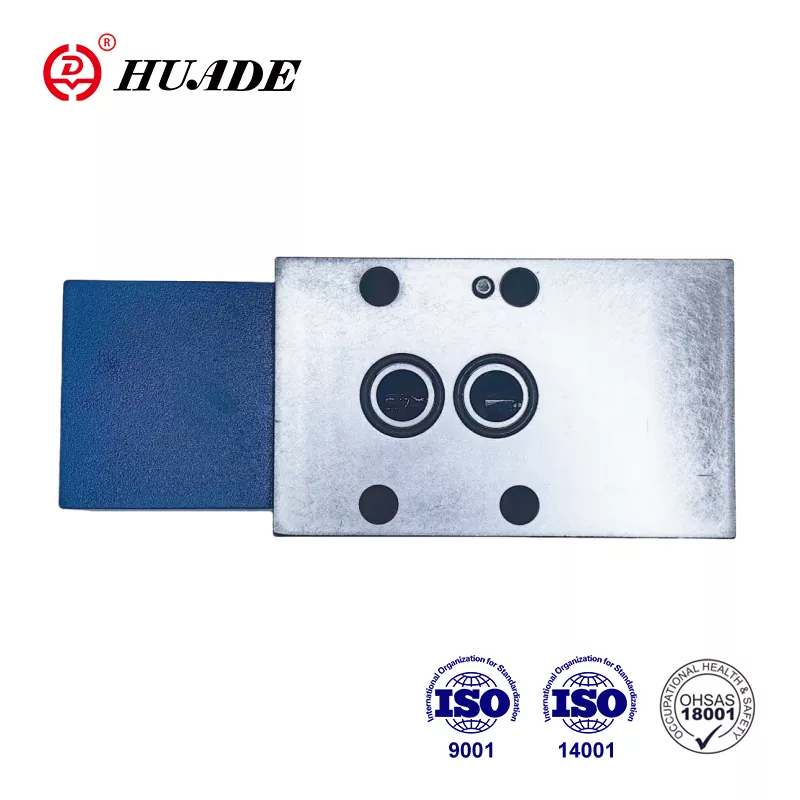
Are you looking to understand what an FCV valve is and how it works? You're in the right place! Flow Control Valves (FCVs) are essential parts of many industrial systems, and this guide will help you understand everything you need to know about them.
What is an FCV Valve?
An FCV valve stands for Flow Control Valve. Think of it like a smart faucet that can automatically adjust how much liquid or gas flows through pipes. Instead of you turning a handle, these valves use signals from computers or controllers to open and close precisely.
How Does an FCV Valve Work?
Imagine you're watering your garden with a hose. When you squeeze the nozzle, less water comes out. When you release it, more water flows. An FCV valve works similarly, but it's controlled by electronic signals rather than your hand.
The valve creates a restriction (like squeezing the hose) in the pipe. This restriction controls:
- How fast the fluid flows
- The pressure in the system
- Temperature control
- Liquid levels in tanks
Types of FCV Valves
There are several types of flow control valves, each designed for different jobs:
1. Globe Valves
Best for: Precise flow control
How they work: A plug moves up and down to control flow
Pros
Very accurate control, excellent shutoff
Cons
Higher pressure loss, more expensive
2. Ball Valves
Best for: Quick on/off control
How they work: A ball with a hole rotates to allow or block flow
Pros
Fast operation, low pressure loss
Cons
Not great for precise throttling (unless specially designed)
3. Butterfly Valves
Best for: Large pipes, cost-effective solutions
How they work: A disc rotates to control flow
Pros
Compact size, lower cost
Cons
Less precise than globe valves
4. Diaphragm Valves
Best for: Corrosive or pure fluids
How they work: A flexible diaphragm controls flow
Pros
No contamination, excellent for clean applications
Cons
Limited temperature and pressure range
How to Choose the Right FCV Valve
Selecting the right flow control valve depends on several factors:
1. What's Your Purpose?
- On/off control: Ball or butterfly valves work well
- Precise throttling: Globe valves are your best choice
- Both: Look for specially designed ball valves with V-ports
2. What Fluid Are You Controlling?
- Clean water: Most valve types work fine
- Corrosive chemicals: Choose diaphragm or specially coated valves
- Thick liquids: Avoid valves that can clog easily
3. Size and Pressure Requirements
- Small pipes: Globe or needle valves for precision
- Large pipes: Butterfly valves for cost savings
- High pressure: Ball or globe valves with proper ratings
4. Control Accuracy Needed
- Rough control: Simple butterfly valves
- Precise control: Globe valves with equal percentage characteristics
FCV Valve Actuators: What Makes Them Move?
FCV valves need something to make them open and close. These are called actuators:
| Actuator Type | Pros | Cons | Best For |
|---|---|---|---|
| Pneumatic (Air-Powered) | Fast, reliable, safe in dangerous areas | Need compressed air supply | Most industrial applications |
| Electric | Very precise, easy to connect to computers | Slower than pneumatic, need explosion-proof versions | Applications requiring exact positioning |
| Hydraulic | Very powerful, good for large valves | Complex, expensive, potential leaks | Heavy-duty applications |
Common Applications of FCV Valves
Oil and Gas Industry
Control pressure in pipelines, manage flow in refineries, safety shutoff systems
Power Plants
Control boiler water levels, manage steam flow, cooling water systems
Water Treatment
Control chemical dosing, manage pump flow rates, system pressure control
Chemical Processing
Precise ingredient mixing, temperature control systems, safety isolation
HVAC Systems
Building temperature control, air flow management, energy efficiency optimization
Key Performance Features to Understand
Flow Coefficient (Cv)
This number tells you how much flow the valve can handle. Higher Cv means more flow capacity. It's like comparing the size of different garden hoses - bigger numbers mean more water can flow through.
Rangeability
This describes how well a valve can control both high and low flows. A valve with 50:1 rangeability can control flows from 2% to 100% of its maximum capacity effectively.
Leakage Classes
These ratings tell you how well a valve shuts off:
- Class I-IV: Metal-to-metal sealing (some leakage expected)
- Class V: Very tight shutoff
- Class VI: Bubble-tight (virtually no leakage)
Maintenance and Troubleshooting
Common Problems:
- Valve won't respond: Check actuator power and signals
- Poor control: May need recalibration or trim replacement
- Leakage: Often requires seat or seal replacement
- Sticking: Usually caused by contamination or wear
Maintenance Tips:
- Regular cleaning and inspection
- Check actuator air supply (pneumatic valves)
- Monitor control signals
- Replace seals and packing as needed
Future of FCV Valves: Smart Technology
Modern FCV valves are getting smarter with:
Digital Communication
- Connect directly to computer networks
- Send diagnostic information
- Remote monitoring capabilities
Predictive Maintenance
- Sensors detect problems before failure
- AI analyzes performance data
- Reduces unexpected downtime
Energy Efficiency
- Better designs reduce energy waste
- Improved materials last longer
- Lower environmental impact
Choosing a Supplier
When selecting FCV valves, consider these leading manufacturers:
- Emerson (Fisher brand): Industry leader in control valves
- Flowserve: Strong in oil & gas applications
- IMI Critical Engineering: Specialized severe service solutions
- Siemens: Good integration with control systems
Look for suppliers who offer:
- Technical support and sizing help
- Quality certifications
- Local service and parts availability
- Training programs
Cost Considerations
FCV valve costs vary widely based on:
- Size: Larger valves cost more
- Materials: Exotic alloys increase price significantly
- Precision requirements: Higher accuracy costs more
- Certifications: Special approvals add cost
Budget Planning Tips:
- Consider total cost of ownership, not just initial price
- Factor in maintenance and energy costs
- Don't over-specify - choose appropriate quality for your needs
Conclusion
FCV valves are crucial components in modern industrial systems. Understanding the basics - types, applications, and selection criteria - helps you make better decisions whether you're specifying, purchasing, or maintaining these systems.
Remember these key points:
- Match the valve type to your specific application needs
- Consider both initial cost and long-term operation
- Don't forget about actuators and control requirements
- Plan for maintenance and future upgrades
Whether you're controlling water in a building, managing chemicals in a plant, or handling oil and gas in a refinery, the right FCV valve makes all the difference in system performance, safety, and efficiency.
Need help selecting the right FCV valve for your application? Consult with experienced engineers and suppliers who can guide you through the selection process based on your specific requirements.


